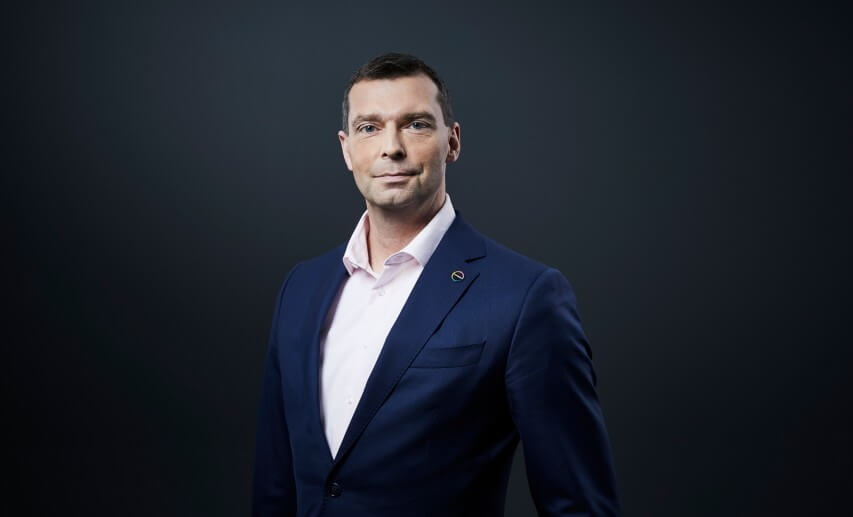Structural reforms and strong leadership are needed in Germany
As summer 2024 reaches its midpoint, Germany grapples with a series of challenges raising discontent and uncertainty among German leaders. Our member organisation in the country, the United Leaders Association (ULA), has highlighted the pressing need for structural reforms, strategic direction, and robust leadership.
In a recent ULA publication by Dr. Markus Steilemann, Vice-president of the Verband der Chemischen Industrie e.V., our German colleagues underscore the critical importance of embracing green technologies and the circular economy as pathways to a sustainable future, requiring a significant shift in mentality and leadership.
The summer of 2024 marks a period of reflection for Germany, with the metaphorical half-time showing a rather lackluster performance.
The nation’s bid for the European Championship title has fallen short, its economic standing is in decline, and political efforts are fragmented and ineffective. ULA paints a picture of a nation in an “autumn mood,” feeling unsettled and directionless at a time when decisive action is crucial to address immediate and long-term challenges.
Economic Woes and Structural Deficiencies
Germany’s economic landscape is bleak, with a 40 percent increase in insolvencies among larger companies in the first half of the year. Factors such as the lingering effects of the pandemic, inflation, weakening demand, and rising energy and material costs have contributed to this downturn. ULA points out that while some economic factors are beyond control, many systemic issues, such as outdated infrastructure, slow digitization, high taxes, a severe shortage of skilled workers, and excessive bureaucracy, are within the realm of change.
ULA emphasizes that Germany requires a comprehensive overhaul—a “reform of the head and limbs.” The transition from diagnosing problems to implementing solutions is critical. The association calls for a unified effort where politics, business, and society collaborate effectively. Despite the current challenges, ULA remains optimistic, citing Germany‘s strong foundations in legal certainty, anti-corruption, education, press freedom, financial stability, social systems, and innovation.
A significant focus of ULA’s vision for Germany is the adoption of green technologies and the development of a circular economy. The association believes that positioning Germany as a hub for sustainability and innovation, particularly in industries like chemistry, can secure long-term benefits and elevate the nation’s standing.
Overcoming ‘German Angst’
A major obstacle to progress in Germany is the prevalent “German Angst”—a cultural tendency towards fear and hesitation. The association argues that Germany must adopt a more dynamic and courageous approach to change. There is a need to demonstrate that solutions are attainable and that progress is within reach, turning what seems like a utopian future into a realistic goal
Germany’s leaders must rise and provide the guidance and motivation to drive the country towards a brighter, more sustainable future.
The Need for Strong Leadership
In these transformative times, leadership is paramount. ULA highlights an alarming statistic from a recent survey indicating that nearly two-thirds of German executives feel exhausted. This, according to ULA, is a wake-up call for greater support and attention to this vital group. Effective leadership is essential not only for navigating current challenges but also for inspiring and guiding the nation towards a prosperous future.
To sum up, Dr. Markus Steilemann, throuhg the United Leaders Association, calls for structural reforms, strategic clarity, and strong leadership.
Embracing green technologies and fostering a circular economy offer promising paths forward. However, achieving these goals requires a collective effort to overcome cultural fears and a commitment to dynamic, courageous action.
Germany’s leaders must rise and provide the guidance and motivation to drive the country towards a brighter, more sustainable future.





